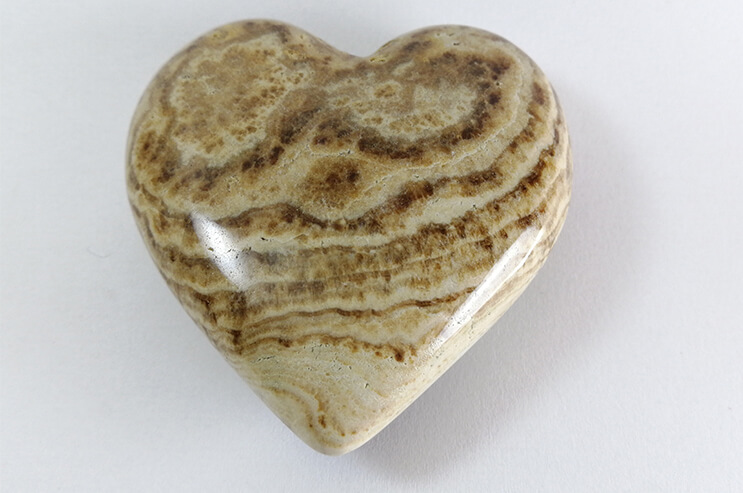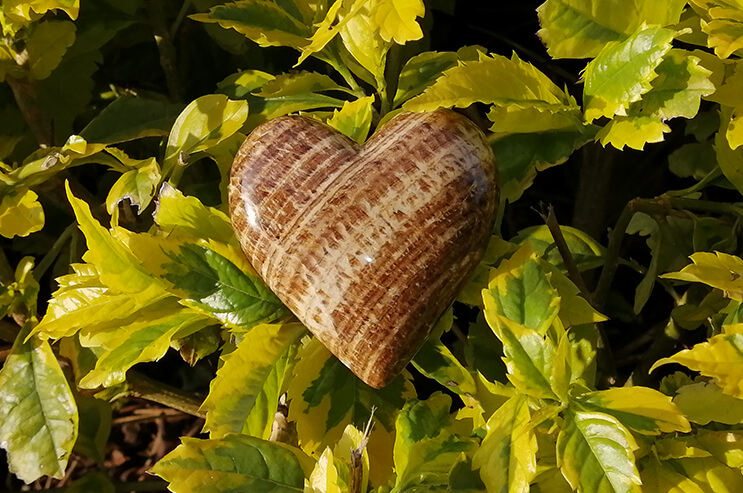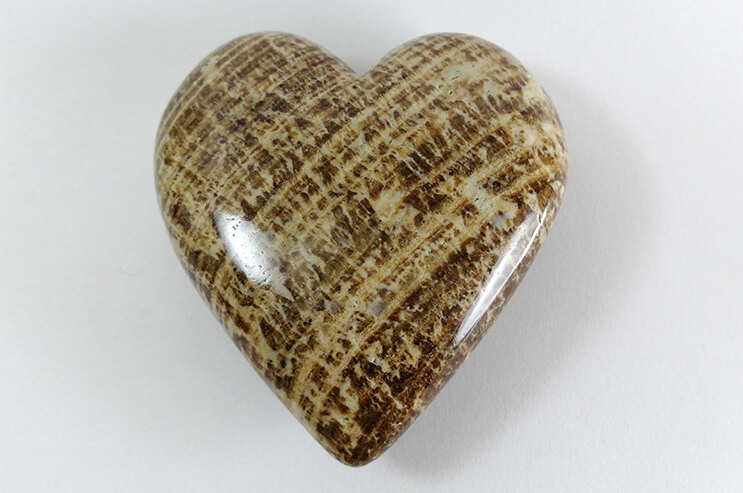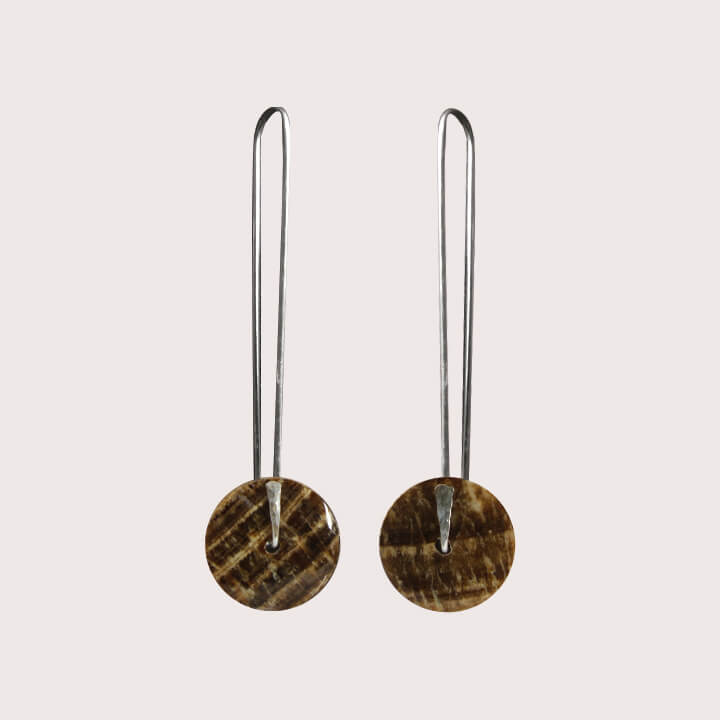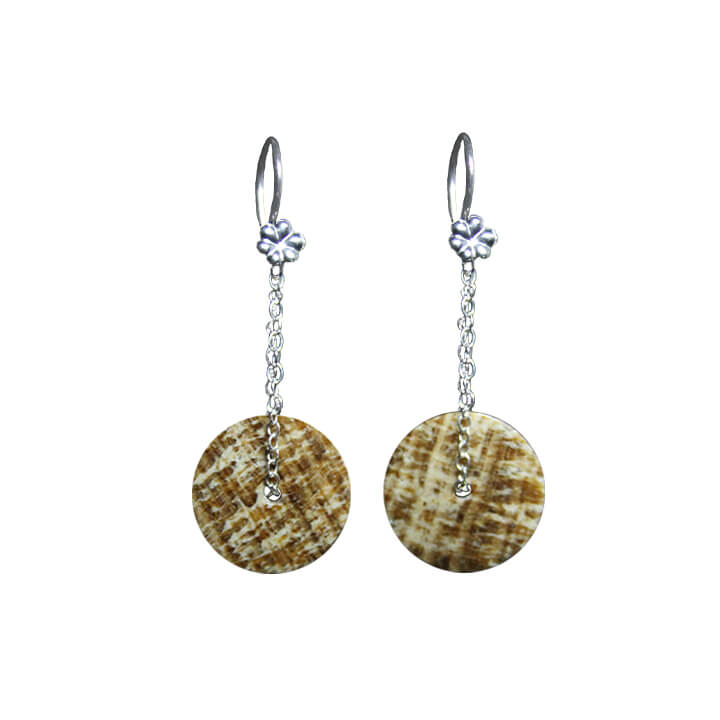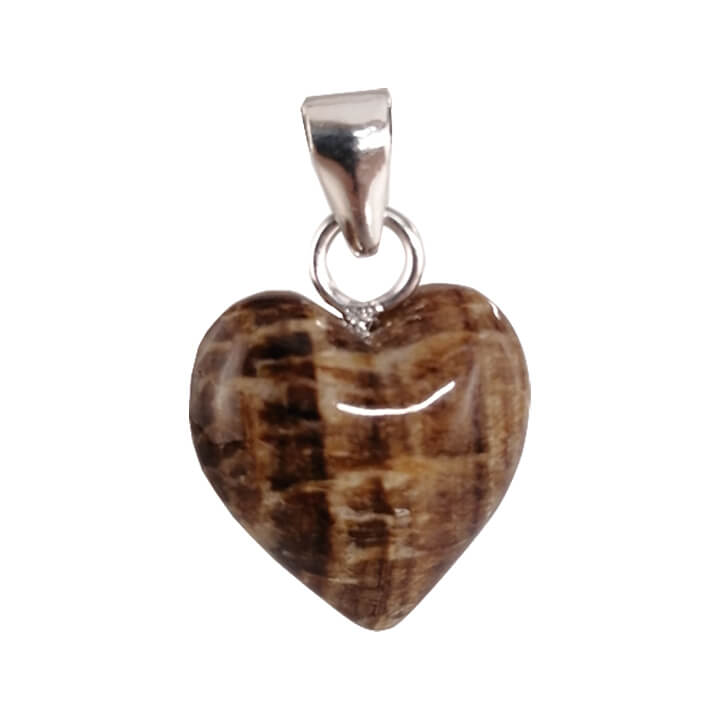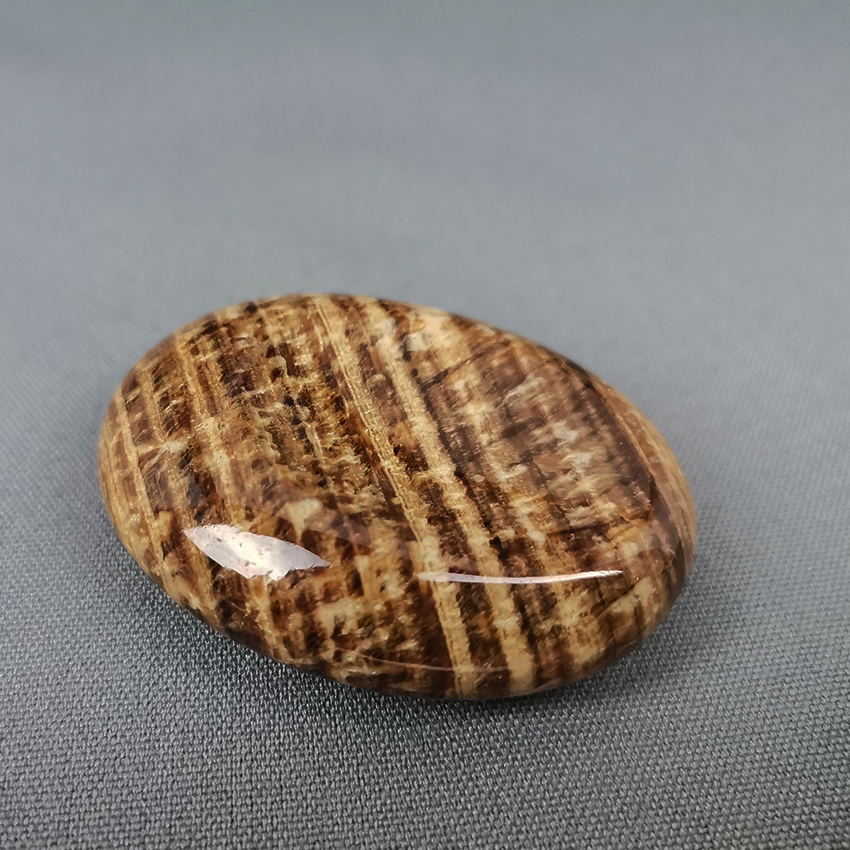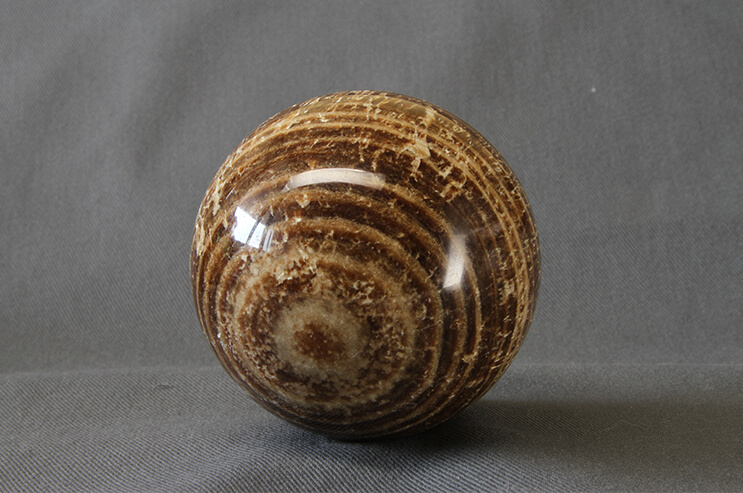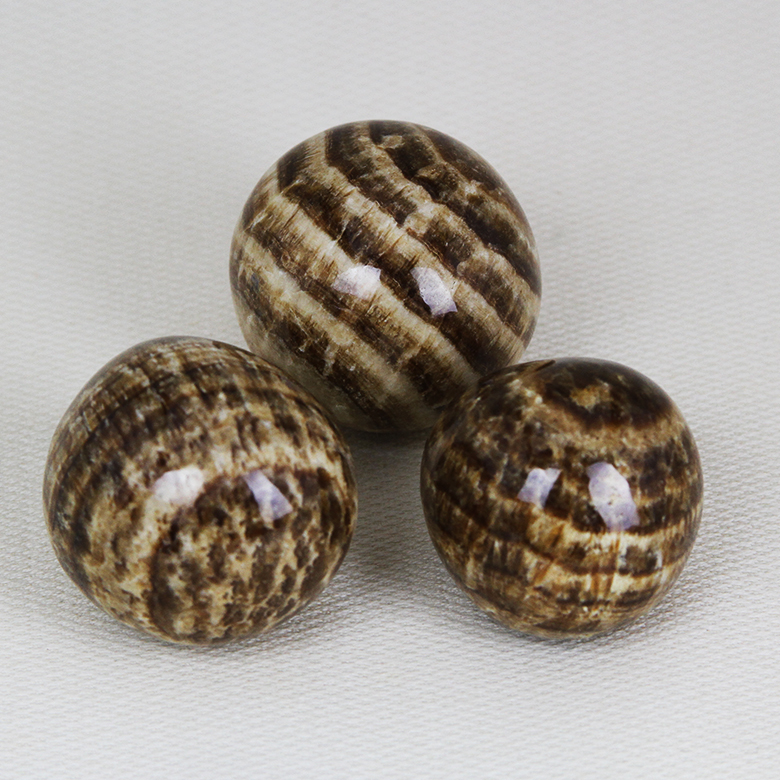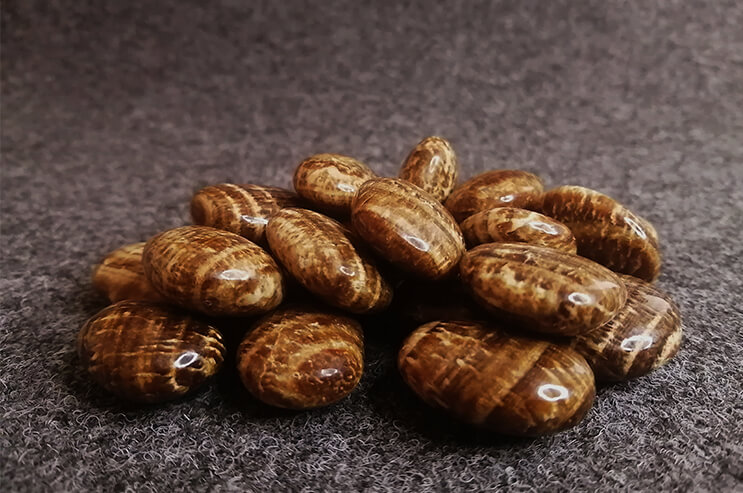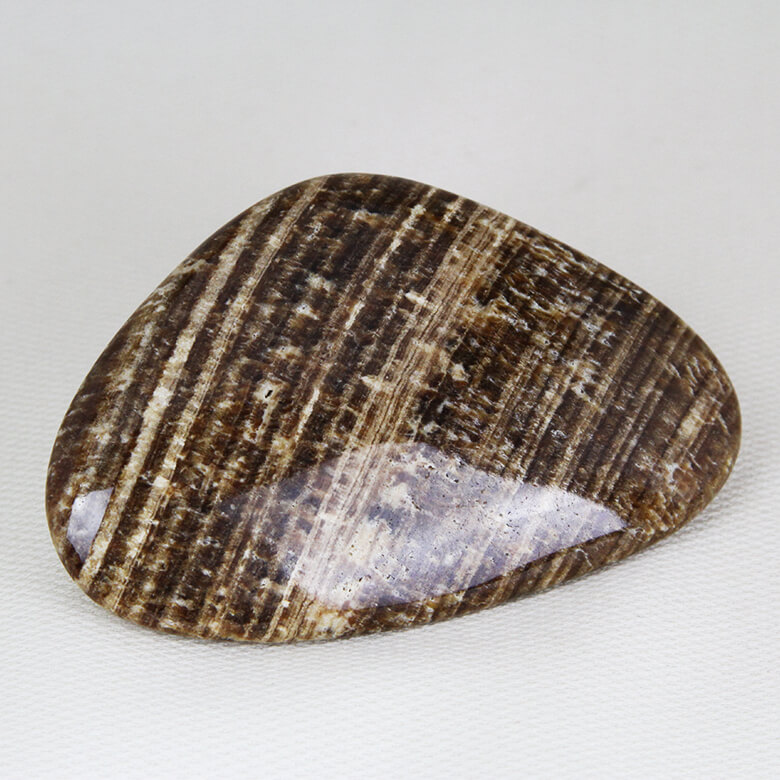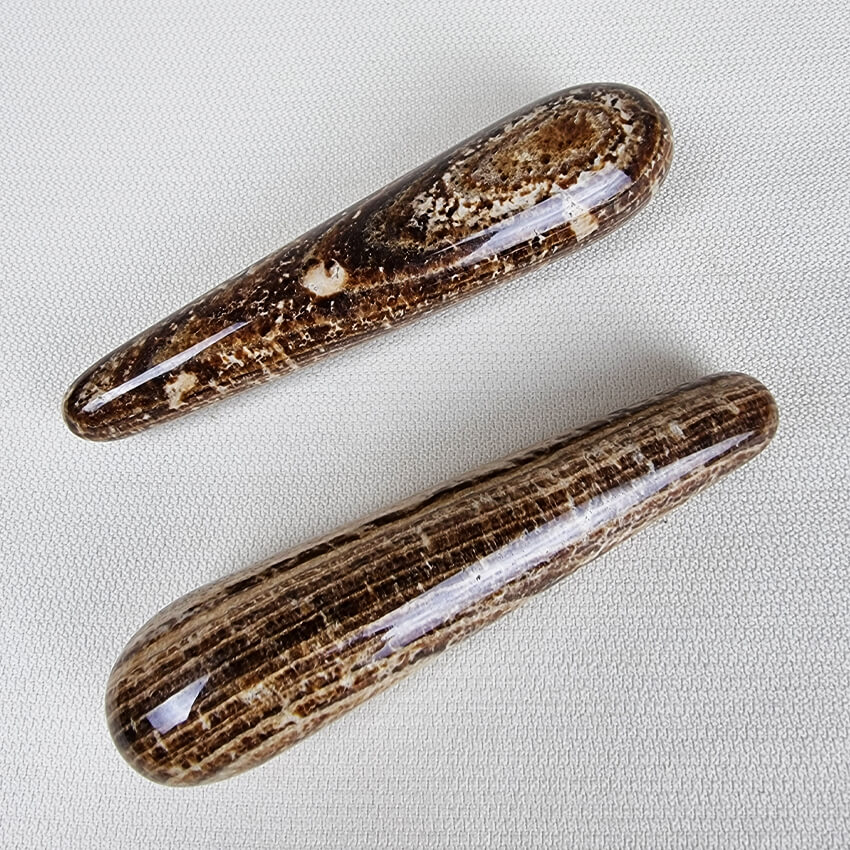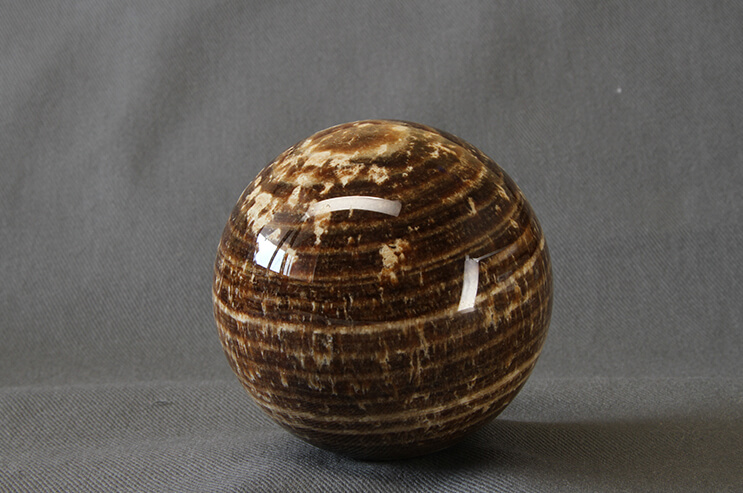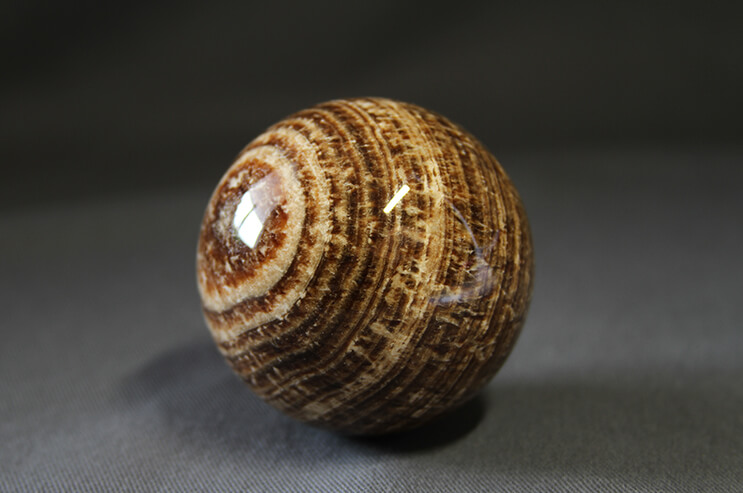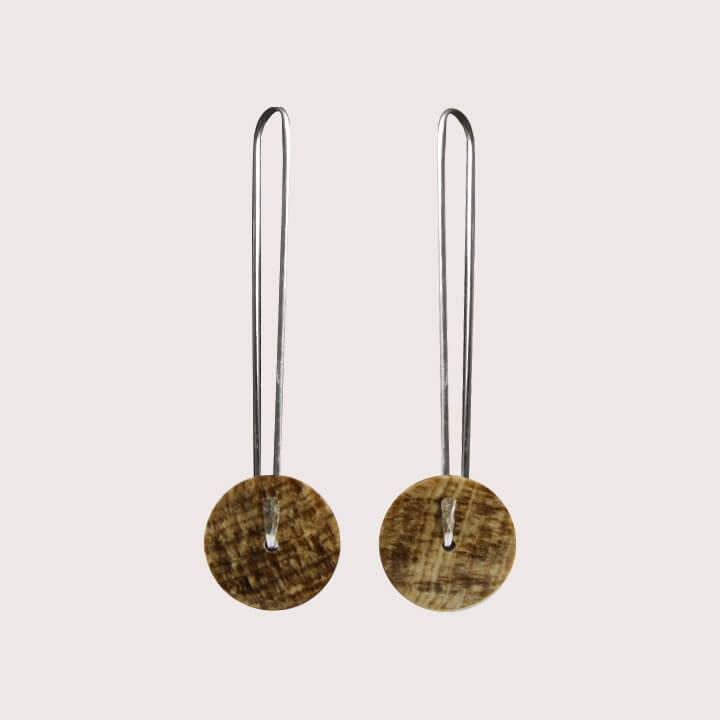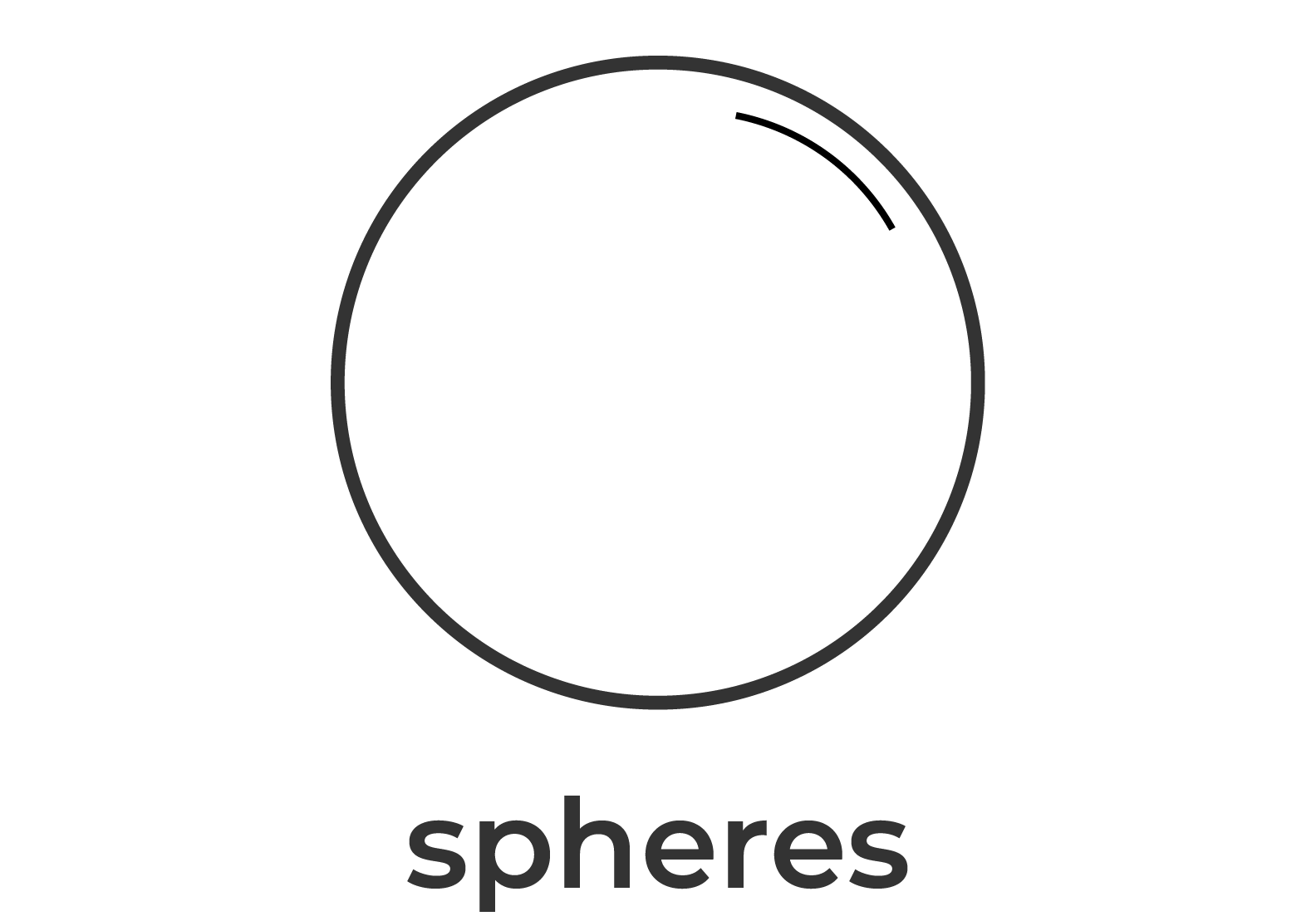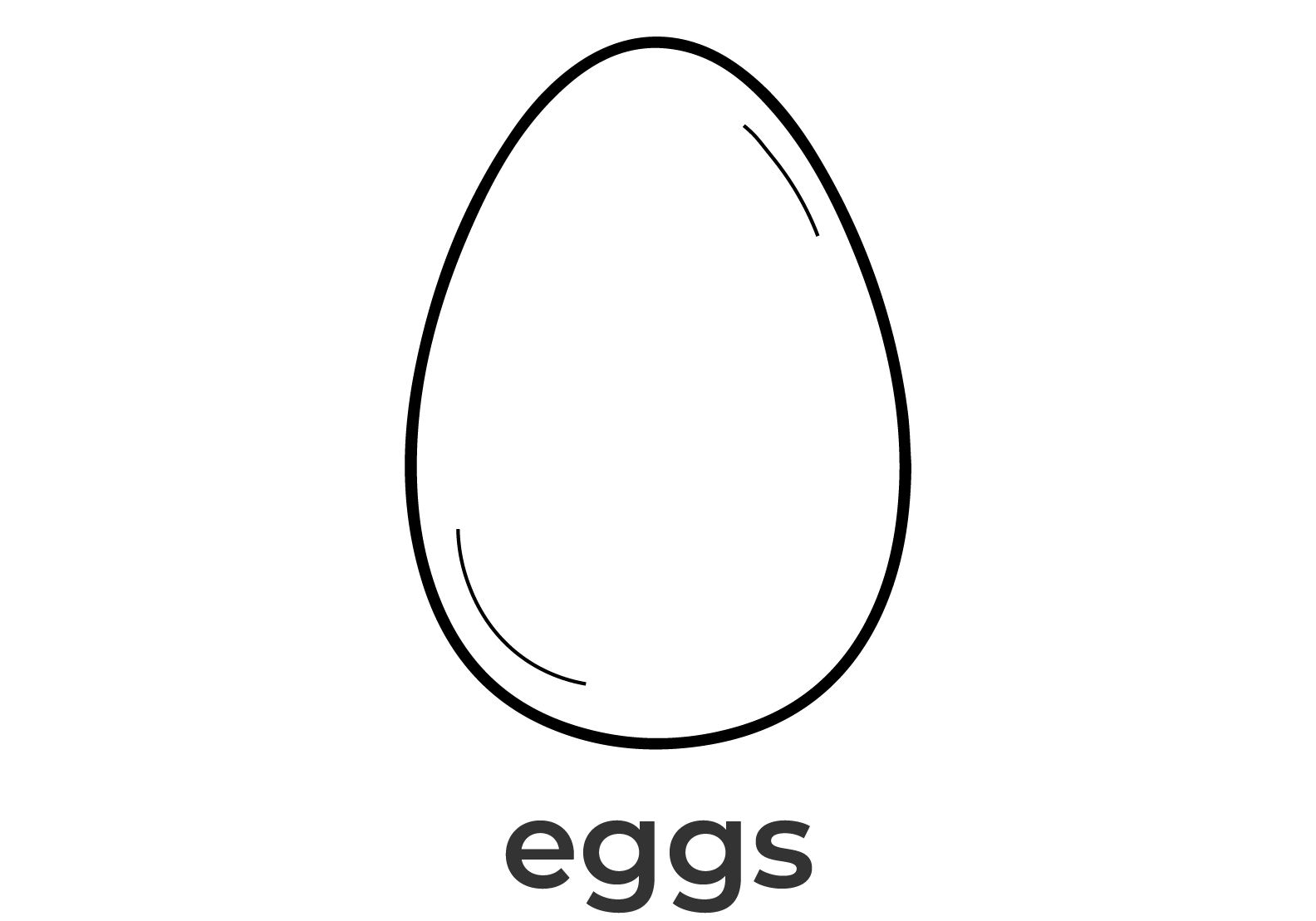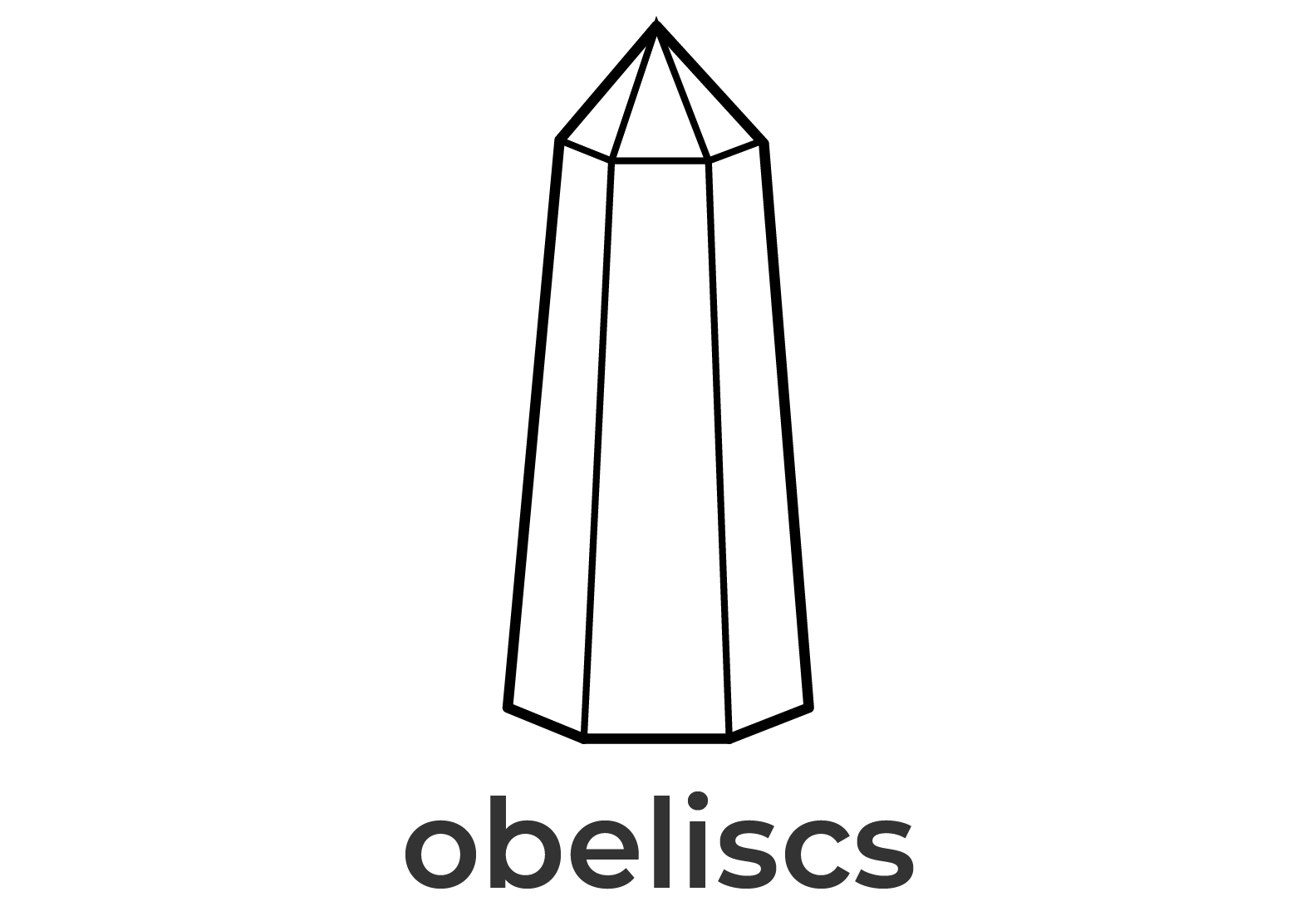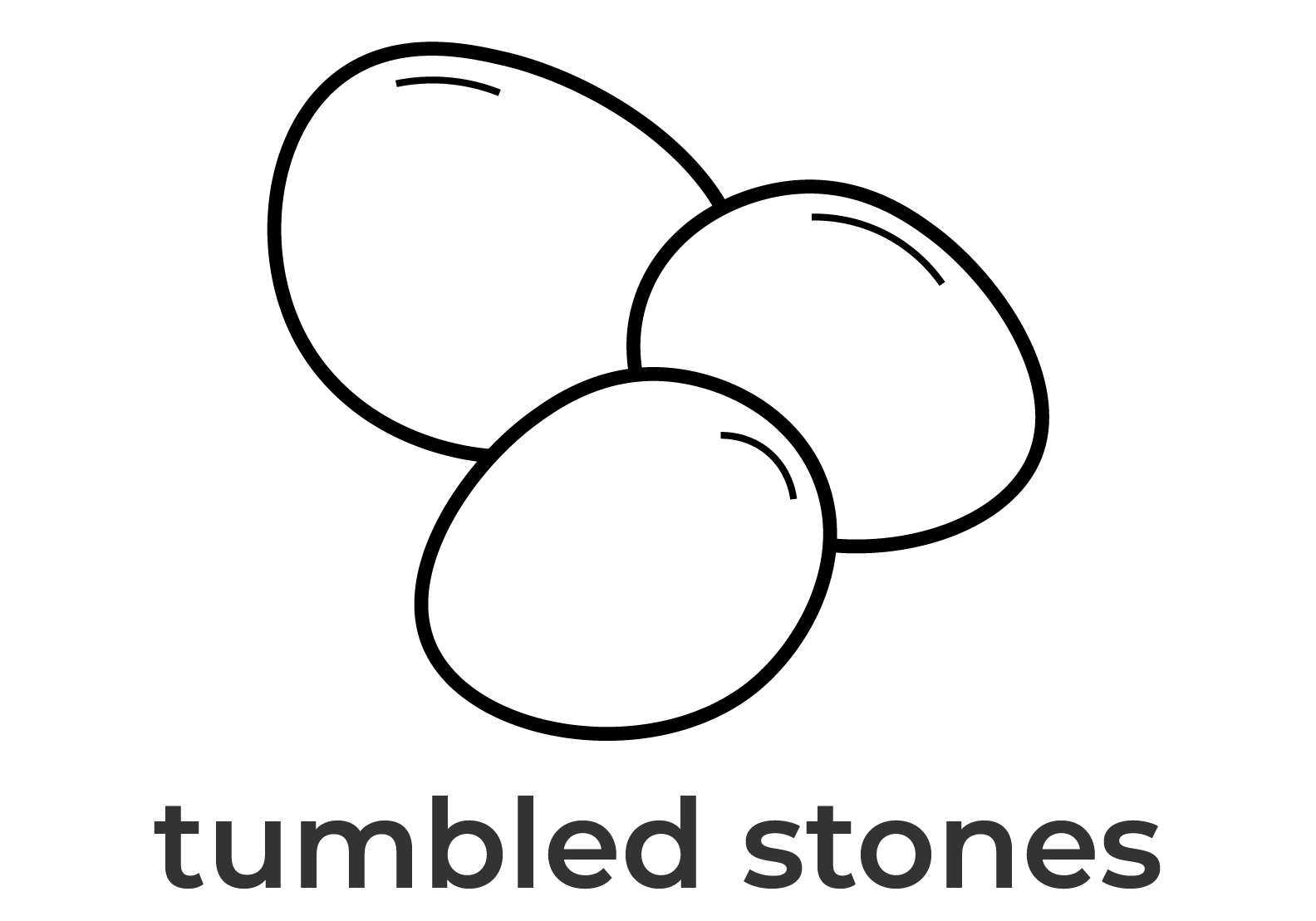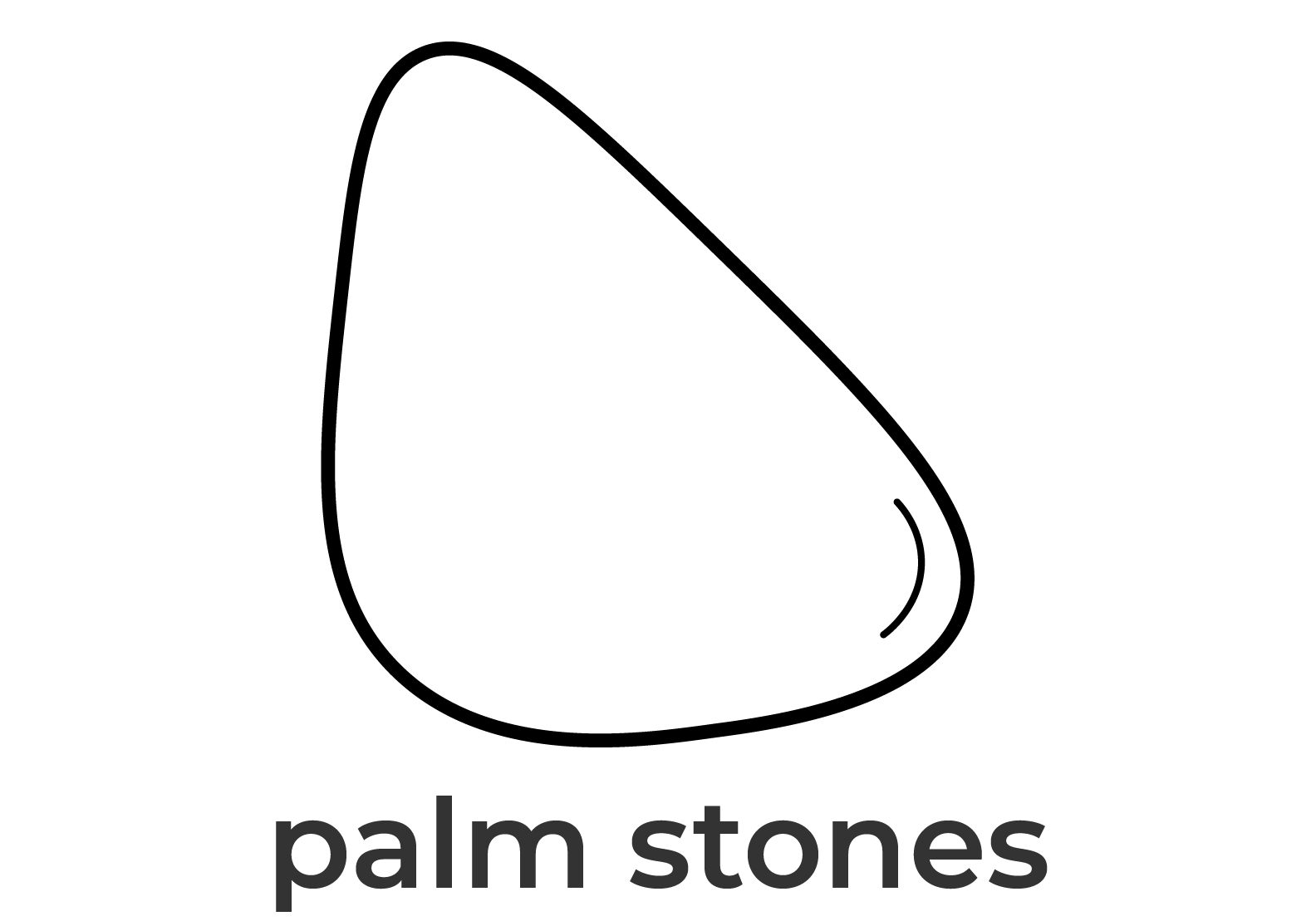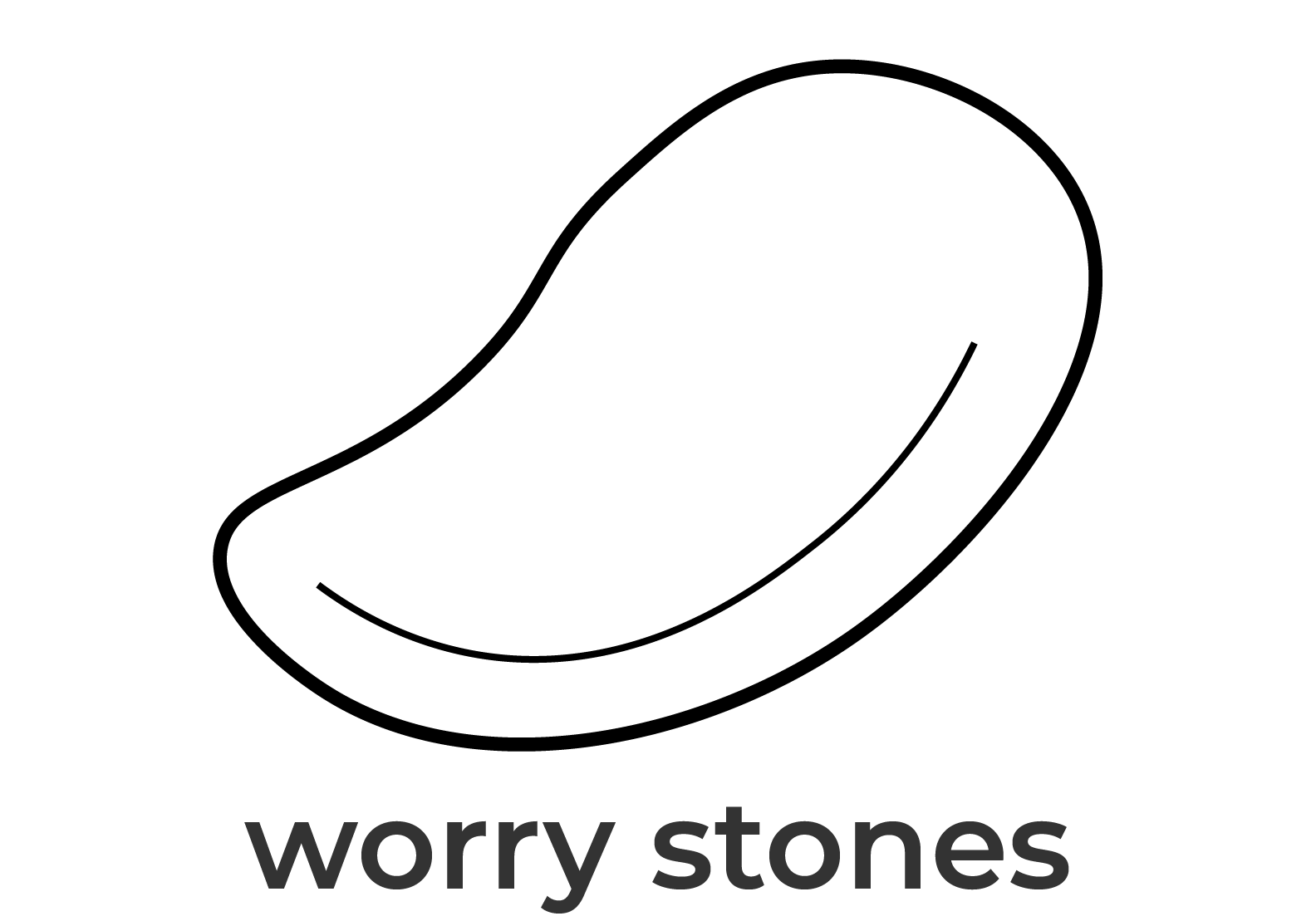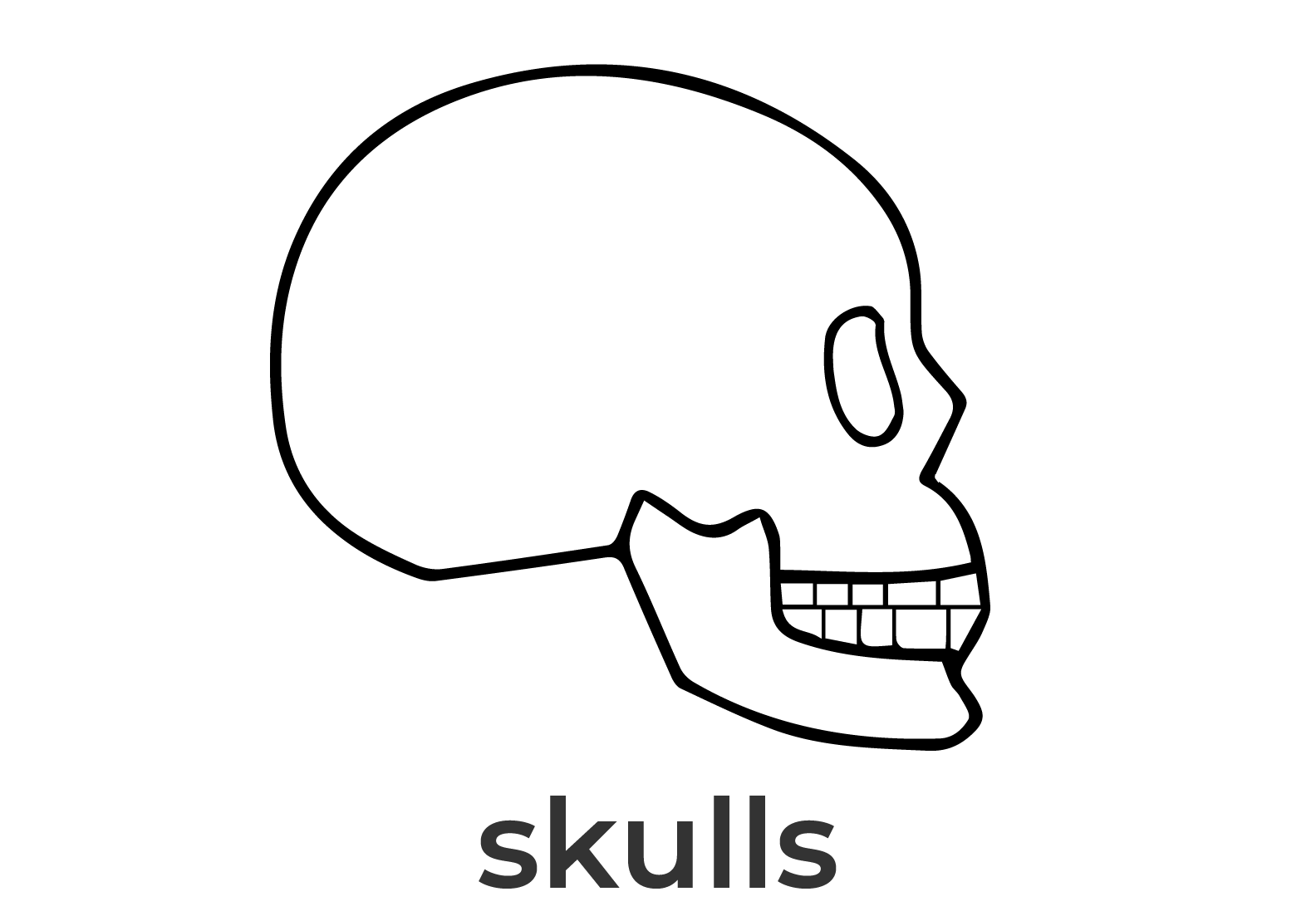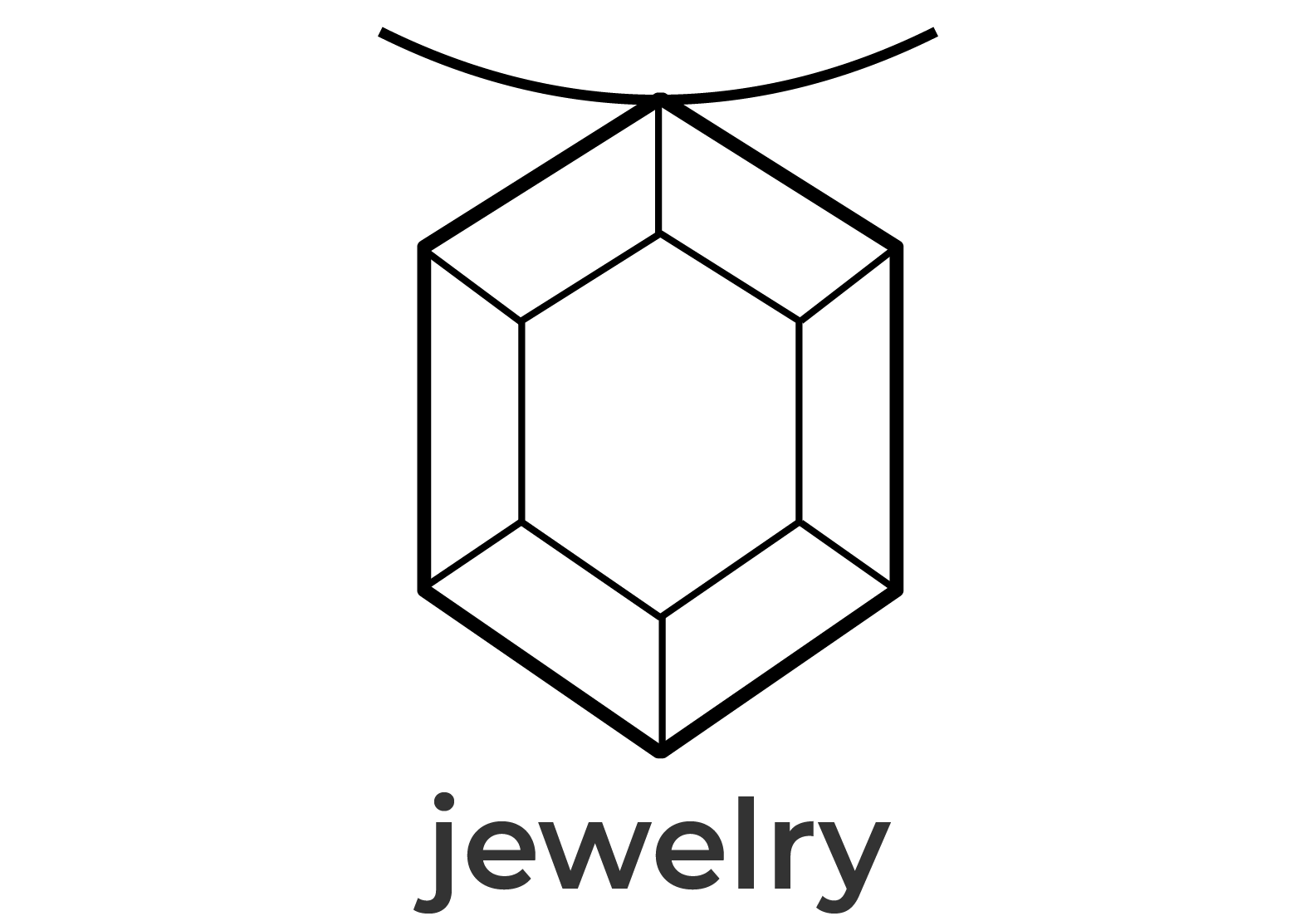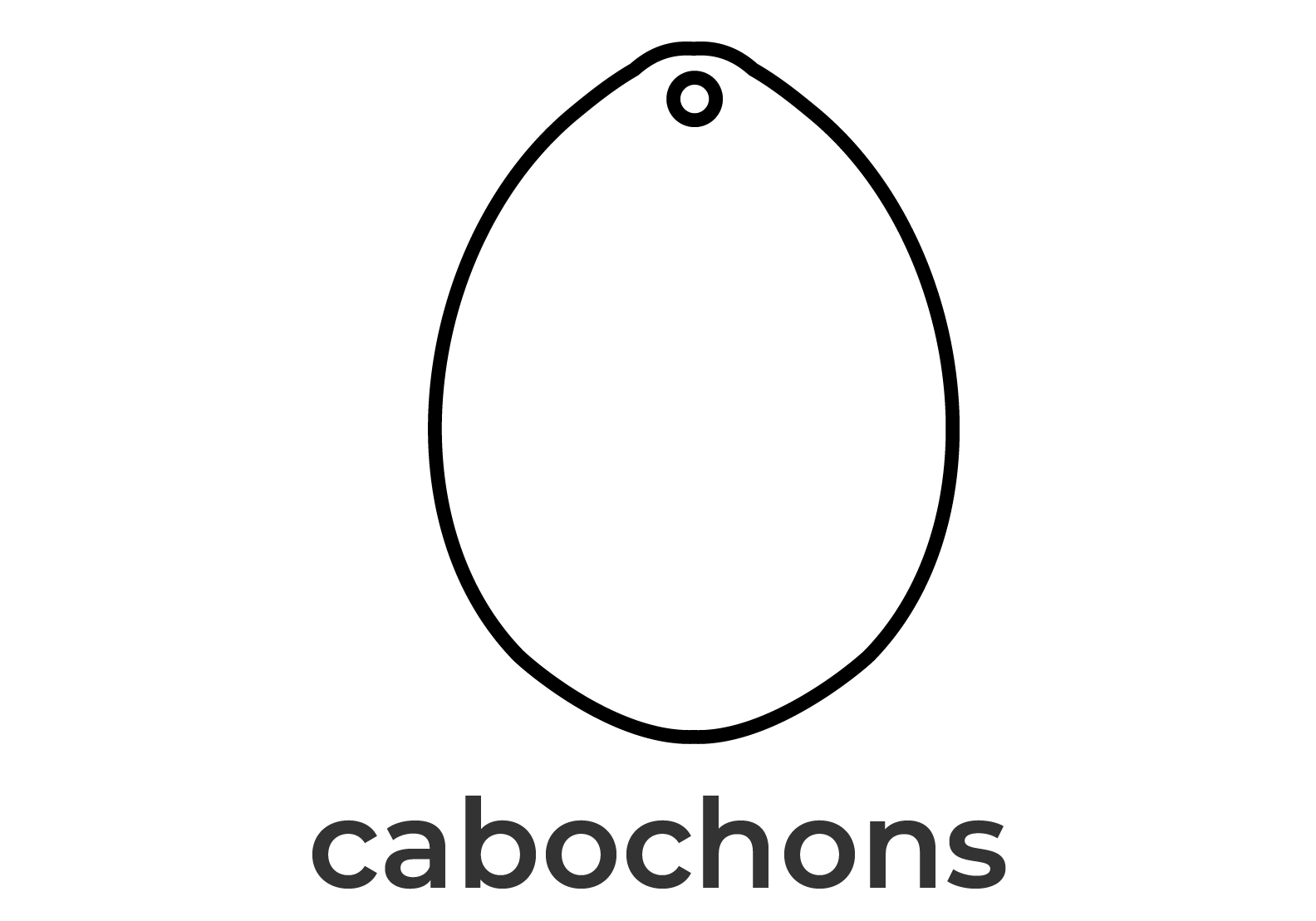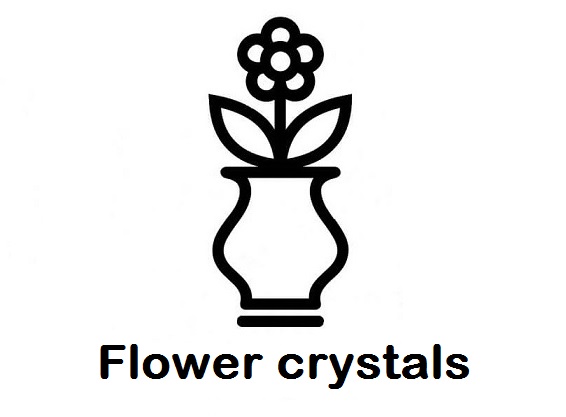Aragonite
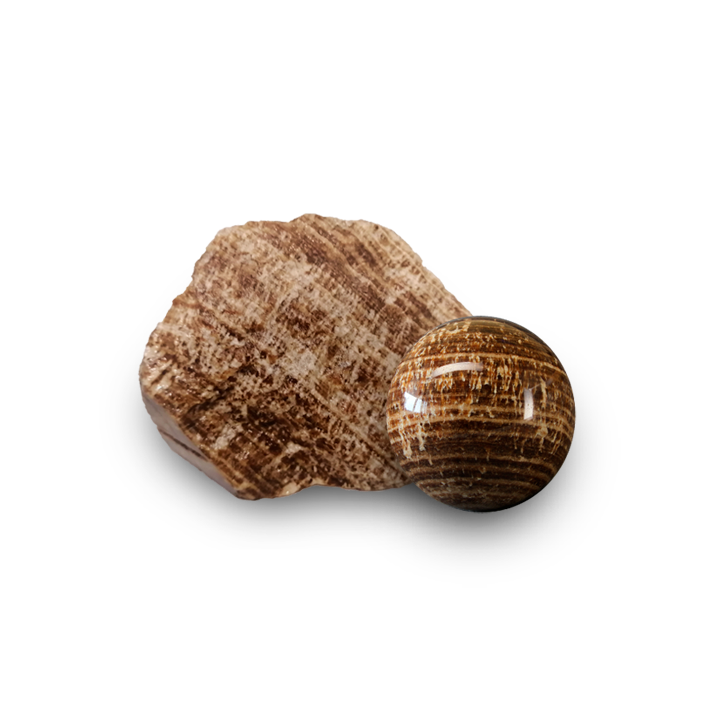
About Aragonite
Aragonite is a carbonate mineral; one of the three most frequent variants of the crystalline forms of calcium carbonates (CaCO3) (the other two varieties being calcite and vaterite). It is formed in biological and physical processes. Biologically, calcite and aragonite form the skeletons and shells of most marine organisms.
Aragonite is also the mineral with which the shells form their pearls. Physically, aragonite deposits are formed in caves with low temperatures such as stalactites in caves. Another way to form deposits is the precipitation or sedimentation of aragonite in marine or aquatic environments. This always occurs in hot waters with a high concentration of hydrogen ions.
Another interesting fact about aragonite is, that it is phosphorescent. Being exposed to UV-light it shows the emission of white light. But when the UV-light is switched off it shows a green afterglow, that slowly disappears.
If you want to read more about fluorescent and phosphorescent stones from Peru, click here:
A reminder: Climate change and aragonite
Climate change is a grave danger to our planet. Everyone must take action. Aragonite deposits are a reminder of this problem:
When we increase the CO2 in the atmosphere, then the dissolution of this polluting gas in the water is increased and this leads to the presence of hydrogen ions (H+). This process is called sea acidification. In this more acidic water, hydrogen ions do affect the skeletons and shells of of marine species, being made out of aragonite.
The hydrogen ions in this case connect with the carbonate ions (CO32- ) that float in the water, forming HCO3-. By reducing the concentration of CO32-, climate change hinders the construction of shells and skeletons of sea organisms.
It has already been proven that some sea organisms have shells that are now 30% thinner than they should be, simply because climate change does not allow them to build their aragonite shells. It is obvious that this means a reduced life expectancy for these organisms. Especially for corals, which will be doubly affected by climate change: On the one hand the high temperatures of the sea cause them to expel their polyps and die (bleaching) and on the other hand the greater acidity of the water does not allow them to build their skeletons of Aragonite.
It is time that we all stop looking for excuses for our inactivity and that everybody starts helping to resolve this environmental problem.
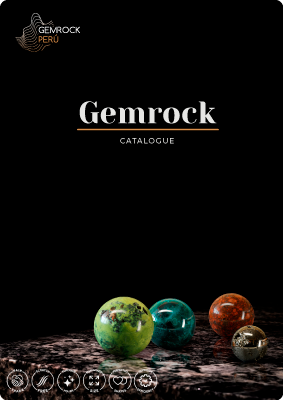
Need a hand? Let us know how we can help
Tell us more about your company an we'll get in touch
Cutting services
Do you need reliable high quality cutting services for a reasonable price? Are you looking for a service provider that is willing to develop new products according to your requirements? Would you like to get expert advice in order to improve your product? Do you wish for someone to optimize the process and get the most out of your rough? Just talk to us.
Get in Touch
+51 994104206
gemrockinternational@gmail.com

